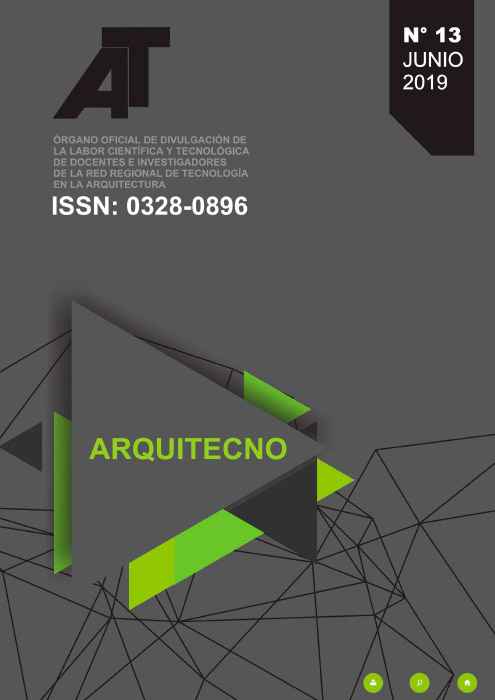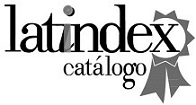FLOATING HABITAT. SUSTAINABLE DIESE IN WETLANDS. A PEDAGOGICAL PROPOSAL WITH LINKAGE TO THE ENVIRONMENT
DOI:
https://doi.org/10.30972/arq.0134161Keywords:
Environment, Training, Investigation, River, OptionalAbstract
The current study plan in FADU-UNL, (2001), incorporates electives and optional courses, thus allowing students, in addition to regular cycles, to guide their own will in other fields of knowledge to enrich their training. In this framework, the optional subjects define their objectives in order to complete the offer of general training to generate paths of disciplinary specialization; to contribute to research and knowledge and to promote the formation of human resources recognizing the vocational particularices of each student. In 2018, the Consulting Board (CD), under resolution 254, approved the subject ''Floating Habitat, Sustainable Design in Wetlands" with the purpose of expanding the academic offer of elective subjects and at the same time strengthening the design and technological areas in a space of vacancy and pertinent knowledge given the link between the city and its area of influence with the river. It is the intention to disseminate the proposal and share the experience gained by exposing some student work, to reflect on the strategies of approach to favor the sustainable development of wetlands.Downloads
Published
2019-07-01
How to Cite
Bellot, R., & Rico, J. (2019). FLOATING HABITAT. SUSTAINABLE DIESE IN WETLANDS. A PEDAGOGICAL PROPOSAL WITH LINKAGE TO THE ENVIRONMENT. Arquitecno, (13), 48–54. https://doi.org/10.30972/arq.0134161
Issue
Section
Docencia
License
Los autores ceden a Arquitecno los derechos de publicación de sus trabajos, toda vez que hayan sido admitidos como parte de alguno de sus números. Ellos, no obstante, retienen los derechos de propiedad intelectual y responsabilidad ética así como la posibilidad de dar difusión propia por los medios que consideren.





52.jpg)
